SAP MM Consultant Salary In India
4.9 out of 5 based on 9874 votesLast updated on 20th May 2024 14.87K Views
- Bookmark

To become a SAP MM Consultant you need to acquire an SAP MM Certification Course. For more details, read this blog post.

The role of an SAP MM (Materials Management) consultant has become increasingly important in India's IT and business landscapes. As companies strive to optimize their supply chain and procurement processes, the demand for skilled SAP MM consultants has grown. Consequently, salary trends for this position have seen various changes over the years, reflecting the evolving market demand, skill requirements, and economic factors. If you wish to establish your career in this line and earn more, then you must acquire an SAP MM Course.
Early 2000s: The Foundation
In the early 2000s, as SAP began to dominate the ERP market globally, Indian companies started adopting SAP systems at a rapid pace. During this period, SAP MM consultants were relatively scarce, leading to competitive starting salaries. Beginners could expect anywhere from INR 3 to 5 lakhs per annum, a significant amount at the time considering the economic conditions.
Mid-2000s to 2010: Growth and Expansion
The mid-2000s witnessed a boom in the IT sector, coupled with the expansion of manufacturing and retail sectors in India, which further pushed the demand for SAP MM consultants. By now, experienced consultants could command salaries ranging from INR 6 to 12 lakhs annually. This period also saw a surge in consultancy roles, with more experienced professionals taking on freelance projects that offered lucrative pay based on their expertise and the complexity of the project.
2011-2015: Consolidation and Competition
Between 2011 and 2015, the market saw a consolidation with a more stable demand for SAP consultants. However, the entry of more professionals into the market increased competition, which somewhat moderated salary growth. The average salary for SAP MM consultants during this period ranged between INR 8 to 15 lakhs per annum, depending on experience, location, and the size of the company.
2016-2020: Digital Transformation and its Impact
With the onset of digital transformation initiatives, companies required more from their ERP systems, pushing SAP consultants to acquire additional skills like integration with advanced analytics, IoT, and handling big data. Consequently, SAP MM consultants who adapted and up-skilled could see their salaries range from INR 10 to 20 lakhs annually. The top-tier professionals, especially those in managerial or strategic roles, could earn more than INR 25 lakhs per annum.
2021 to Present: The Pandemic Effect and Recovery
The COVID-19 pandemic initially slowed down the growth in salaries due to economic uncertainties and budget constraints. However, as businesses realized the importance of robust supply chain systems amid disruptions, demand for SAP MM consultants began to recover. In the current scenario, salaries are seeing an upward trend again, with junior consultants earning between INR 4 to 7 lakhs per annum, while experienced consultants can earn anywhere from INR 12 to 25 lakhs annually. Exceptionally skilled consultants, particularly those involved in large-scale transformations or multinational projects, continue to command higher salaries.
Future Outlook in terms of salary structure
Looking ahead, the salary trends for SAP MM consultants in India are likely to be influenced by several factors including technological advancements, the adoption of SAP S/4HANA, and the overall economic environment. As companies continue to invest in new technologies and upgrade their systems, the need for skilled consultants who can navigate complex migrations and integrations will be crucial.
Moreover, with the growing emphasis on sustainability and efficient resource management, SAP MM consultants who can contribute to these areas may see greater opportunities and compensation packages. The on-going digitalization push across industries suggests robust demand for SAP skills, ensuring that SAP MM consultants remain a well-compensated group in the IT and business consulting realms.
Related Posts:
SAP MM Interview Questions And Answers
How to learn SAP MM easily?
Learning SAP MM (Materials Management) can be a strategic career move, especially for those interested in supply chain management and logistics. Here are some crisp pointers on how to learn SAP MM effectively:
- Begin with understanding the core concepts of Materials Management, including procurement processes, inventory management, material valuation, invoice verification, and vendor management.
- Look for certified SAP MM training courses offered by recognized training institutions. These SAP courses typically offer structured learning from basic to advanced topics.
- Practical experience is crucial. Use SAP sandbox environments provided during training to practice. If you’re employed in a relevant role, request access to your company’s SAP system for further practice.
- Utilize SAP’s own learning hubs, training materials, and online help documentation to get the most accurate and comprehensive information.
- Invest in books that cover SAP MM comprehensively. Look for guides and textbooks that are updated with the latest SAP versions.
- Engage with other learners through study groups or online forums. Sharing knowledge and solving problems together can enhance your learning experience.
- Nothing beats learning like working on actual projects. Try to involve yourself in real SAP MM projects, either through internships, jobs, or freelance opportunities.
- Consider obtaining an SAP MM certification. Preparing for and achieving certification can deepen your understanding and improve your professional credibility and marketability.
By following these steps, you can streamline your learning process and gain a solid understanding of SAP MM, positioning yourself as a skilled professional in the field
What will be the future scope of SAP MM?
The future of SAP MM (Materials Management) looks robust and promising, driven by on-going advancements in technology and evolving business practices. As organizations continue to emphasize efficiency and integration in their supply chain and procurement processes, the role of SAP MM within enterprise resource planning (ERP) systems becomes increasingly pivotal.
One of the significant trends affecting SAP MM's future is the integration with newer technologies such as the Internet of Things (IoT), artificial intelligence (AI), and machine learning (ML). These technologies can enhance the capabilities of SAP MM, enabling smarter analytics for inventory management, predictive maintenance, and improved demand forecasting. As these integrations become more main-stream, SAP MM consultants will need to adapt to a landscape where technical skills are as crucial as functional knowledge.
SAP’s push towards its next-generation ERP system, SAP S/4HANA, is another critical factor shaping the future of SAP MM. Many companies are in the process of migrating from the traditional SAP ERP system to SAP S/4HANA, which offers enhanced functionalities, a simplified data model, and real-time analytics. This migration is not just a technological upgrade but also a strategic move to bolster digital transformation. For SAP MM, this means an opportunity to leverage faster, more efficient processes that reduce redundancy and improve decision-making.
With global attention to sustainability and corporate responsibility, companies are increasingly adopting green practices and ensuring compliance with international standards and regulations. SAP MM can play a vital role by helping organizations manage their materials in an environmentally and ethically responsible manner. Features that allow for better tracking and optimization of resource use, waste reduction, and compliance with global standards are likely to be developed further, making sustainability a key component of the SAP modules.
SAP is continuously working to improve the user experience with Fiori, a modern user interface designed to work seamlessly across devices and platforms. This focus on improving user interaction with SAP systems means that SAP MM users can expect more intuitive, easy-to-use interfaces that enhance productivity and operational efficiency. This advancement is particularly beneficial in a complex field like materials management, where ease of use can significantly impact user adoption and data accuracy.
Conclusion
Well, while the journey of professionals holding SAP MM Certification salaries in India has seen fluctuations, the overall trajectory remains upward, reflecting the critical role these professionals play in the functioning and efficiency of modern businesses. As new challenges and technologies emerge, those who continue to adapt and upskills will find themselves well-positioned to capitalize on lucrative opportunities in the evolving marketplace.
Subscribe For Free Demo
Free Demo for Corporate & Online Trainings.
Your email address will not be published. Required fields are marked *
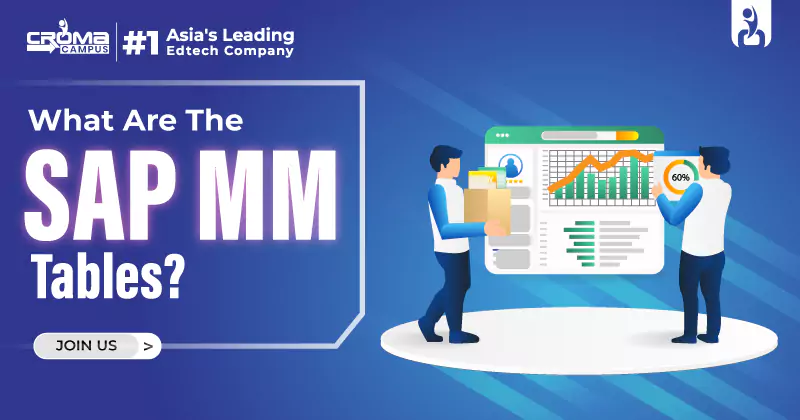
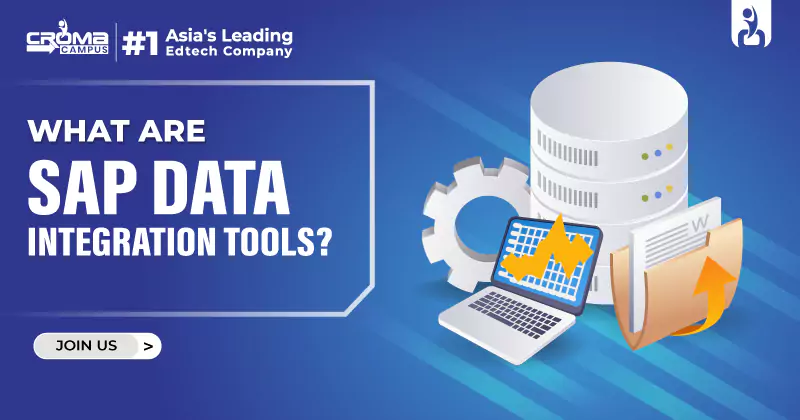
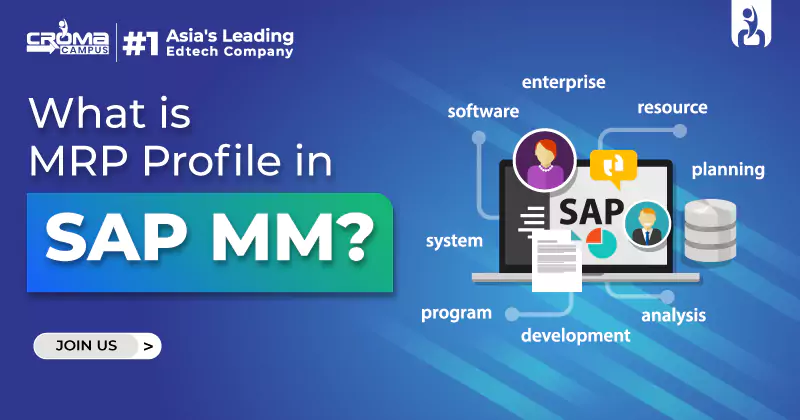
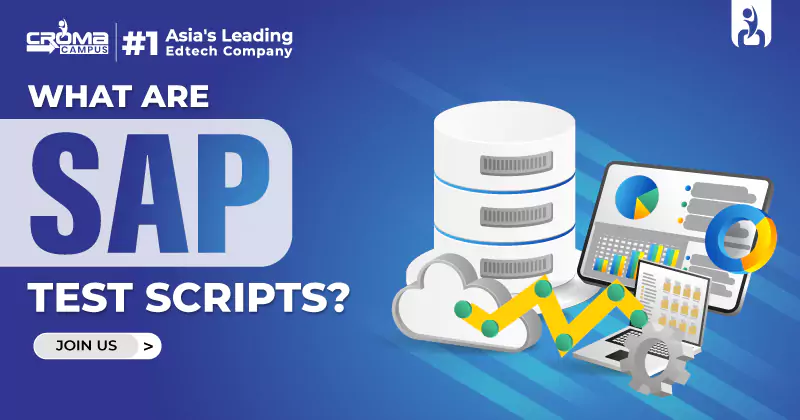
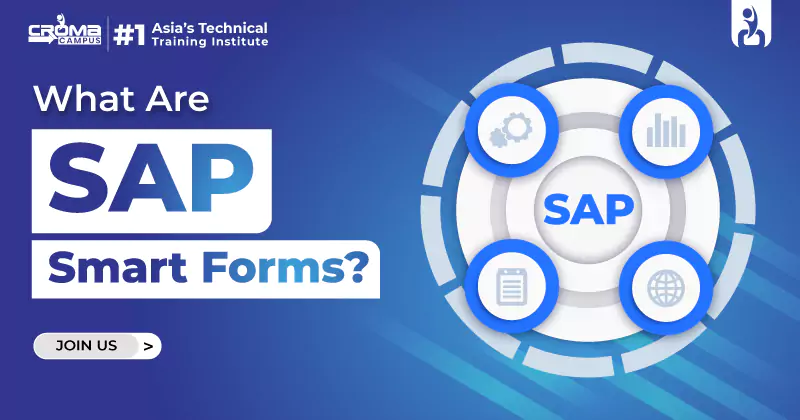


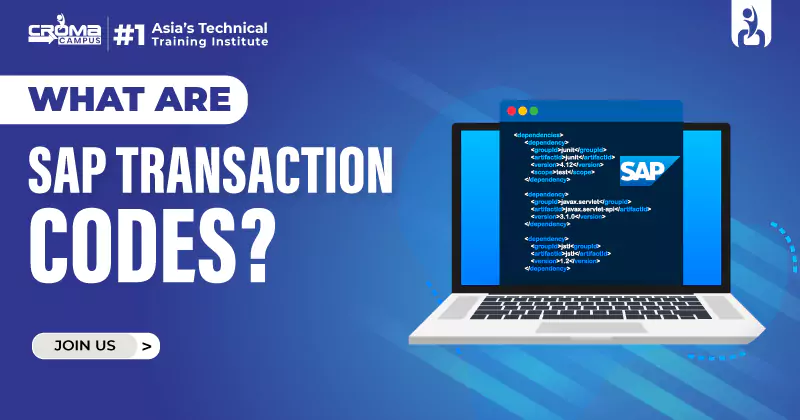

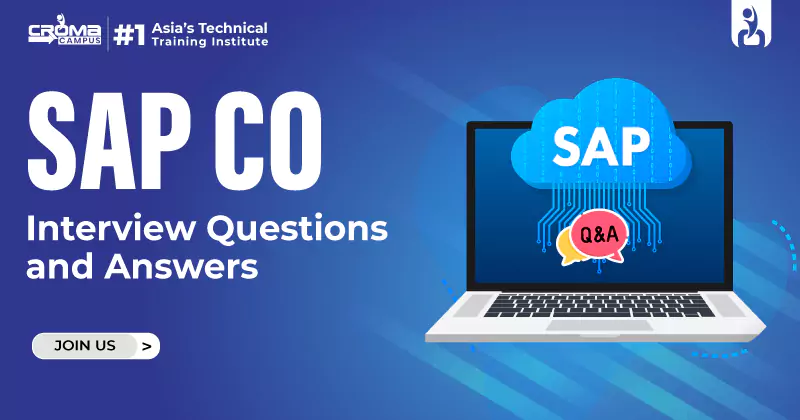












 Master in Cloud Computing Training
Master in Cloud Computing Training